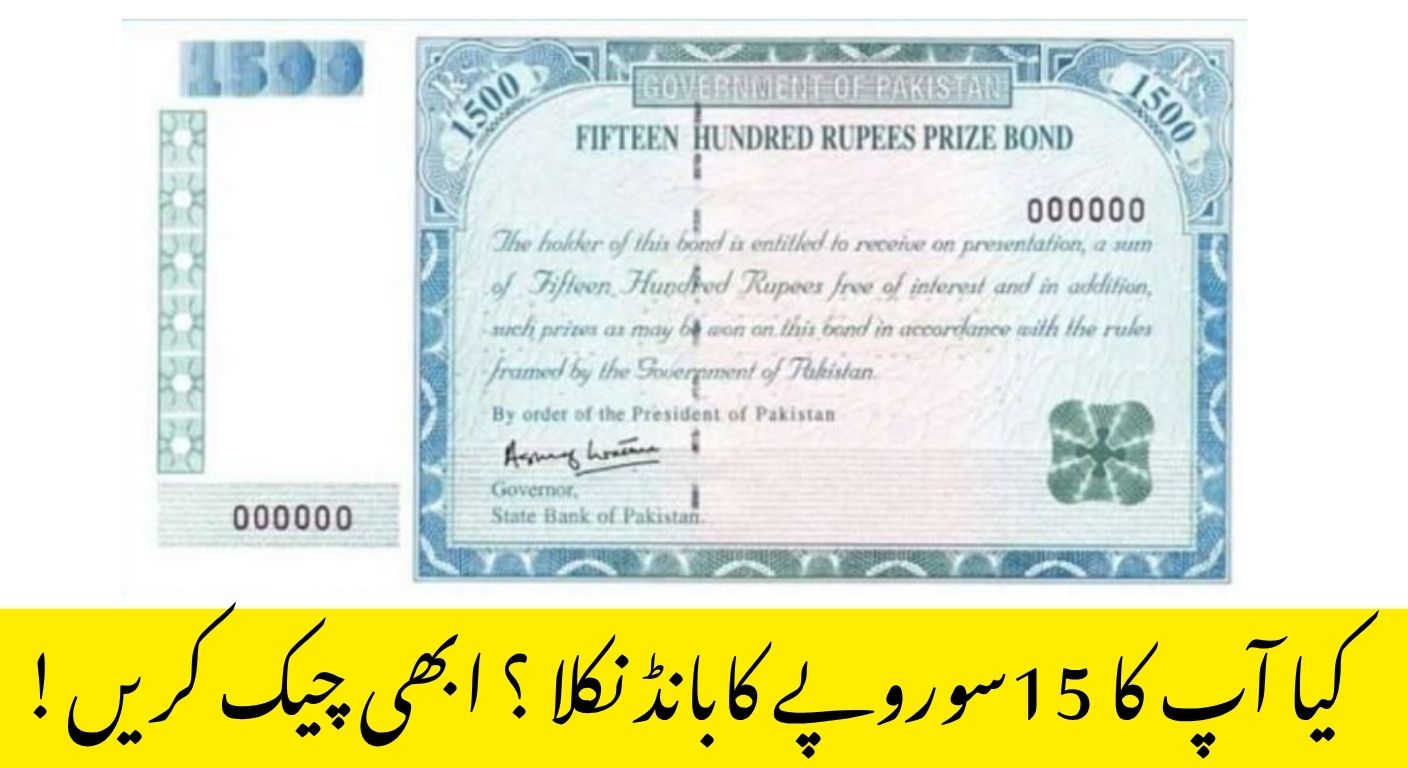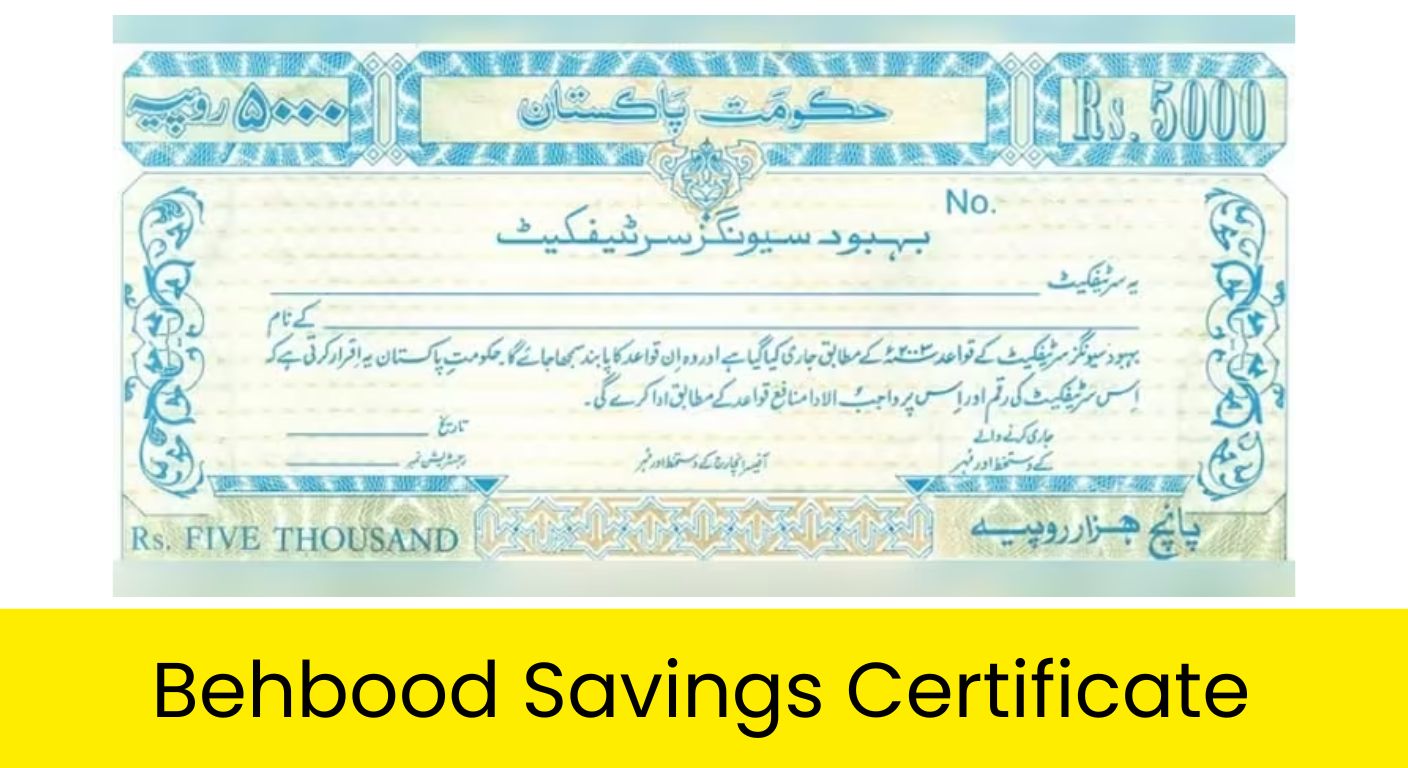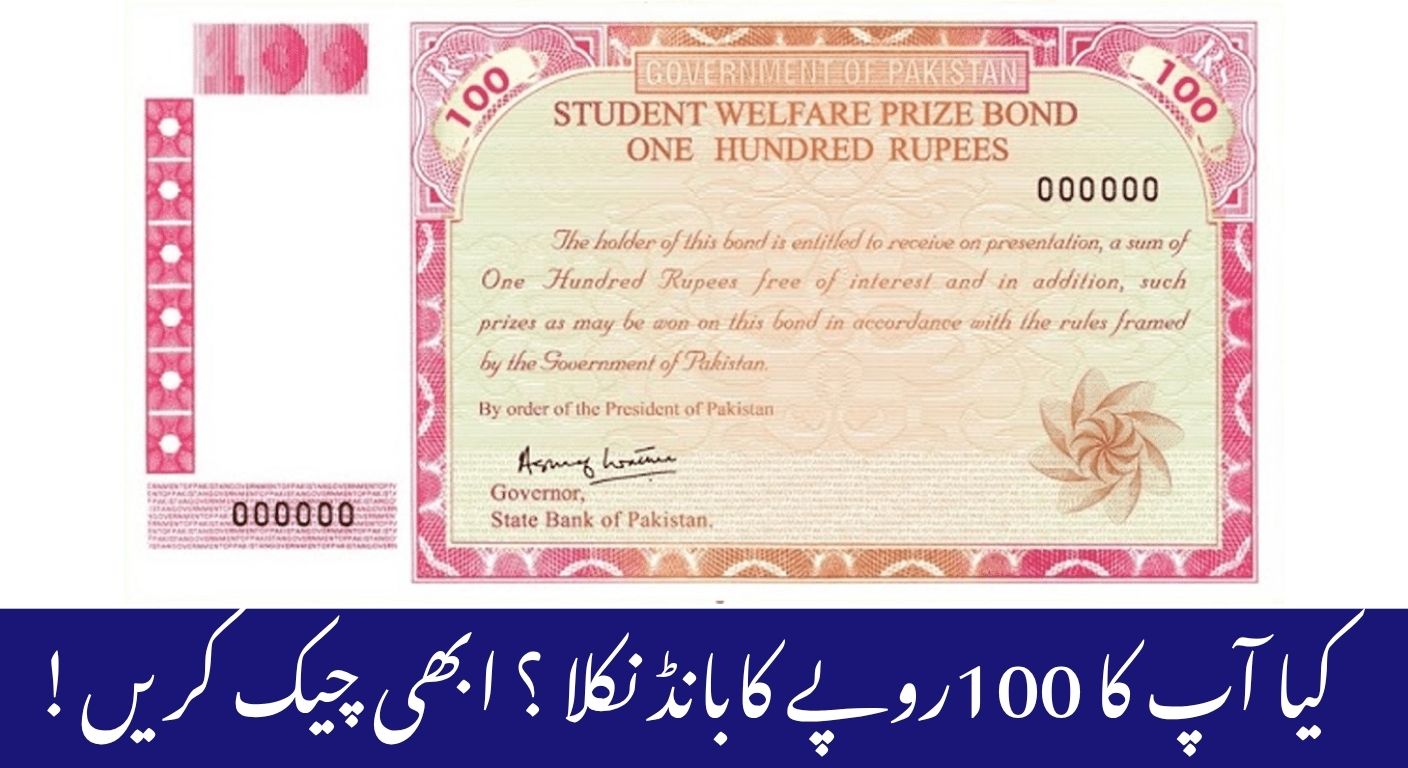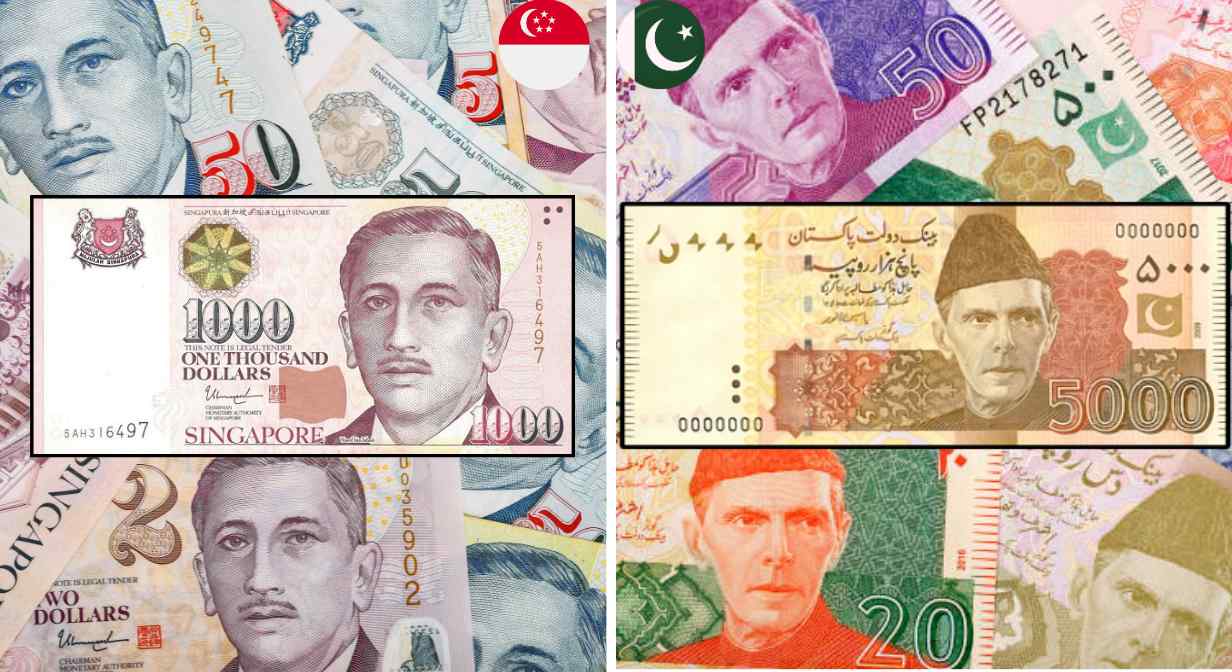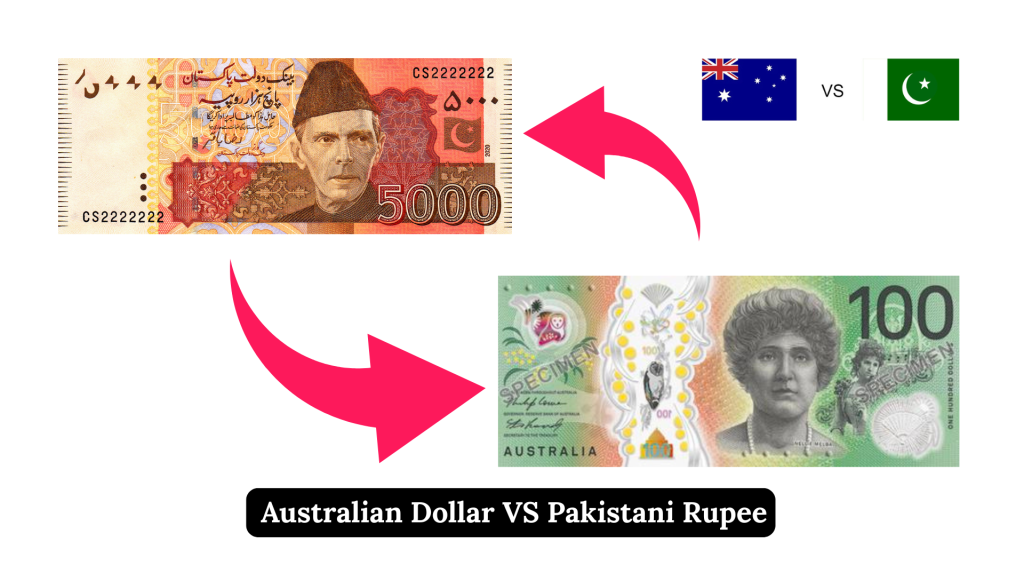The government of Pakistan has announced another increase in petrol prices, raising rates by Rs. 4 to 5 per litre. This new adjustment comes as part of the regular fuel price review for November 2025. The change is mainly due to the rise in international oil prices and fluctuations in the rupee–dollar exchange rate.
Why Are Petrol Prices Going Up?
Petrol prices in Pakistan are linked to global oil market trends. When the price of crude oil increases in international markets, it directly affects the local fuel rates. Recently, global oil prices went up because of supply disruptions and rising transportation costs. A reported drone attack on an oil terminal in Russia also created uncertainty in the oil market, pushing prices higher.
Another key reason is the exchange rate. When the Pakistani rupee loses value against the US dollar, importing oil becomes more expensive. Since Pakistan imports most of its fuel, even a small drop in the rupee’s value can cause petrol prices to increase locally.
Expected Price Details
The increase affects different fuel types. Petrol (MS) prices are expected to rise by around Rs. 4 to 5 per litre, while diesel, kerosene, and light diesel oil may also see similar hikes. The final prices will be approved by the Petroleum Division, Ministry of Finance, and the Prime Minister’s Office after reviewing OGRA’s recommendations.
What This Means for the Public
The rise in petrol prices will impact transport fares and the overall cost of goods. Many people are advised to refuel early before the new rates come into effect. Drivers can also save fuel by keeping their cars maintained, checking tire pressure regularly, and avoiding unnecessary trips.
Businesses that depend on transportation should plan their deliveries smartly to reduce extra costs caused by the new fuel prices.
Conclusion
In short, petrol prices in Pakistan are increasing again — by about Rs. 4 to 5 per litre. The government says this adjustment is necessary due to international oil market changes and currency fluctuations. While the increase may seem small, it will still affect daily expenses. Staying updated and managing fuel use wisely can help citizens reduce the impact of these new prices in November 2025.






